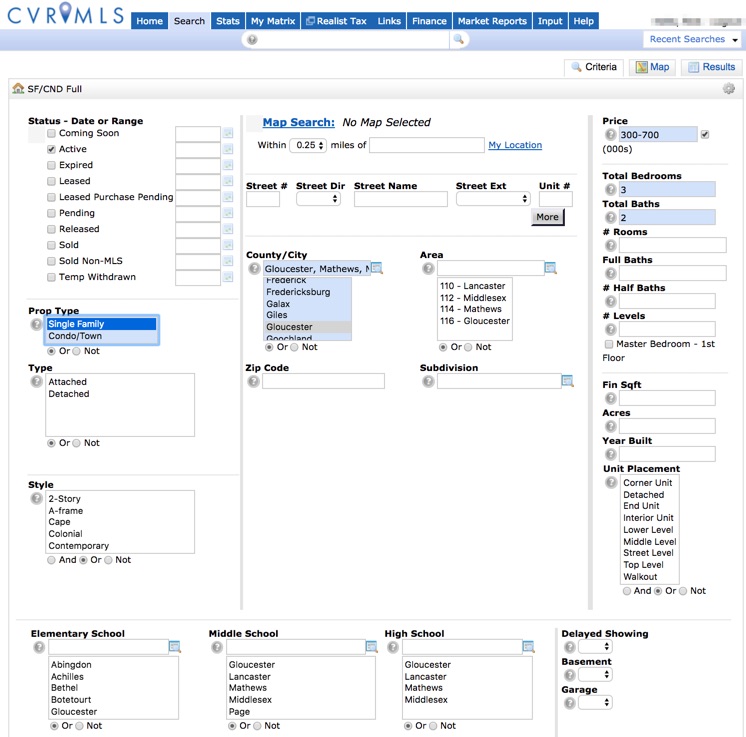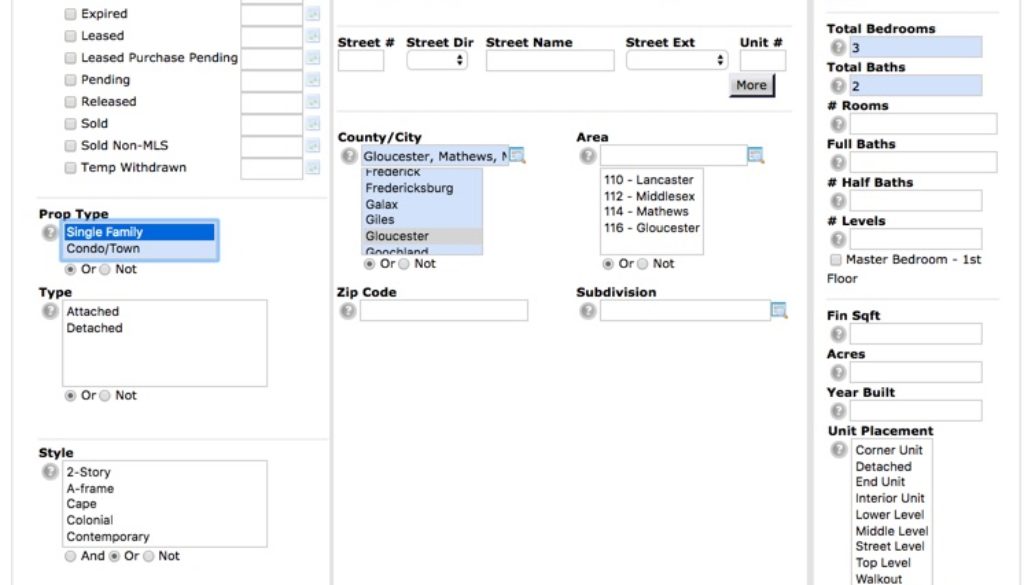The Inside Scoop on Real Estate Search
Google ‘Real Estate Search’ and what do you see? When I did, I got 600,000,000 results.
That’s right — SIX HUNDRED MILLION.

Zillow, Trulia, Realtor.com, MLS.com (which is NOT MLS, by the way), Homefinder, Craigslist, Movoto – all of these sites offer some form of real estate search. And when you layer on all of the brokerage websites that offer search, you end up with a limitless supply of options for the public to find out what is for sale.
The Search Game
No matter where you turn, agents, brokerages and technology startups are all looking to get into the search game. Each platform is in a never ending race to offer the best user interface, the best bells and whistles and the greatest number of houses for sale.
But what are they all offering?
Each site, no matter how slick, fast loading or visually appealing, is offering a mediocre version of the ultimate search database – the Multiple Listing Service (a.k.a – MLS). The MLS is the database that Realtors use and it is, far and away, the most accurate of them all and the one you, as members of the public, should want to use.
MLS is the Gold Standard
So what makes MLS so good? About 40 pages of rules and some pretty stiff fines for violations, that’s what.
“According to recent studies, well over 90% of all transactions are tracked through MLS…
You see, few realize that one of the most valuable services that Realtors provide is the collection and curation of housing data. The data that we collect on housing – from age, style, size and features, to pricing info and marketing times – helps everyone. Appraisers, tax assessors, government agencies, mortgage companies, Fannie Mae and FHA all use the data that we collect to help make informed decisions about housing.
Without MLS, we would all be guessing.
So Zillow Isn’t MLS?
Nope… not even close.
Zillow, and Trulia, and every other website that offers search is not MLS. Some platforms receive limited feeds from MLS that contain a partial list of available properties. Others receive a more complete list of available properties, but the time lag between when a property is available and when it shows up is significant.
“Zillow’s estimates of value are strongest in subdivisions where lot sizes, home sizes and constructions materials are the same. The Chesapeake Bay region gives Zillow’s estimator fits…
The bottom line is that every site that offers free and unfettered home search is giving you a dated and incomplete version of the data – and using your traffic to sell ads.
The Real Scoop
So you want to know the real deal?
Here it is:
Multiple Listing Service (MLS) is maintained by the local Board of Realtors and is the most accurate and up-to-date database available. So you realize, banks require that all appraisers searching for comparable sales use MLS. Although MLS is not a public database, it can be accessed by individual clients through a ‘Client Portal.’ This portal can only be set up by a licensed Realtor and member of the local MLS.
IDX (Internet Data eXchange) is basically like a window into MLS, but it displays FOR SALE properties only. When you look on an agent’s or brokerage’s site for homes, you are probably looking at an IDX feed. Since it pulls directly from the MLS, the data is equally as accurate, but it may lag by 24-48 hours. If urgency is not an issue, then we recommend IDX as a good way to search.
Aggregators (such as Trulia and Zillow) do not have the authority to display MLS properties on their websites, so they rely on a combination of other methods to obtain their data. Because they do not work with MLS, they have fewer rules concerning accuracy, and fewer rules means outdated and incorrect information within the database. Aggregators source their sales information from tax records (updated quarterly), so the latest sales will likely not be displayed. Lastly, the results generated on these sites are largely influenced by advertising revenue – if you pay, they display.
Good Agents have a ton of connections and often times know about opportunities that MLS and Zillow will never know. And even more importantly, you can use these connections to your advantage if they know about off market opportunities that would never hit the internet. It is not uncommon for a seller to feel uncomfortable displaying their home online or publicizing that they want to sell. Sometimes it simply comes down to privacy issues. Whatever the reason, the agents at Bay Properties often know about these unique off market opportunities and can help match you with them.
Every Platform Has a Purpose
Ultimately, each site has its own purpose, so asking Zillow to do the same thing as MLS will not yield the proper result. But if you think about it, using the wrong tool for a job usually doesn’t end well, regardless of what you are trying to accomplish.
Choose wisely and don’t forget to use your agent as a resource as well.




